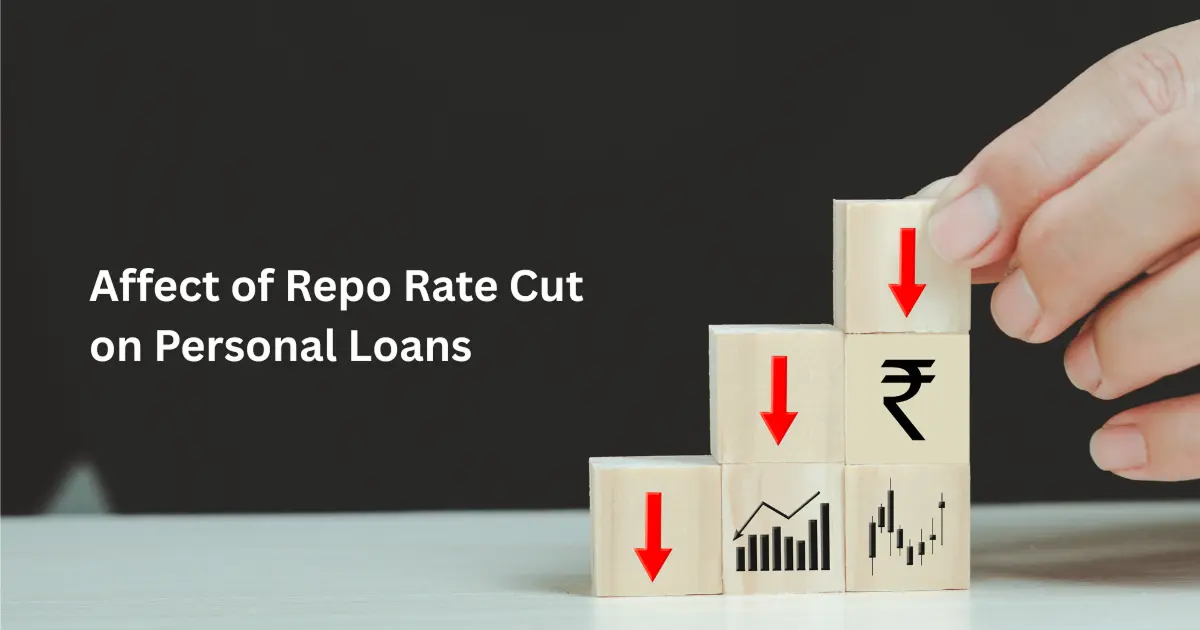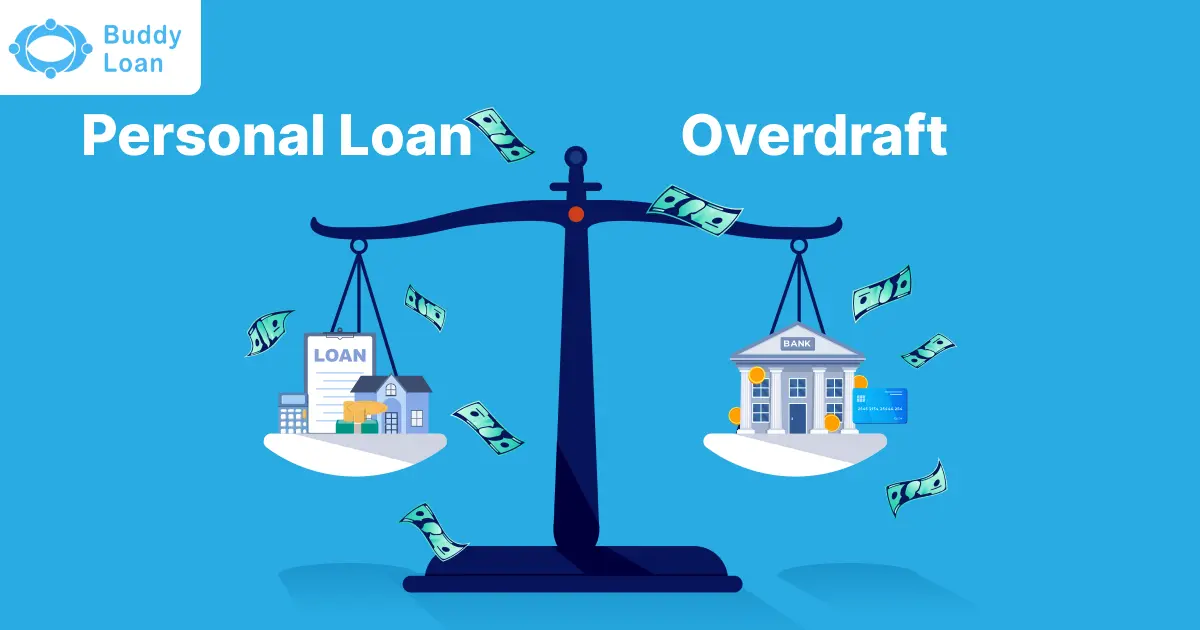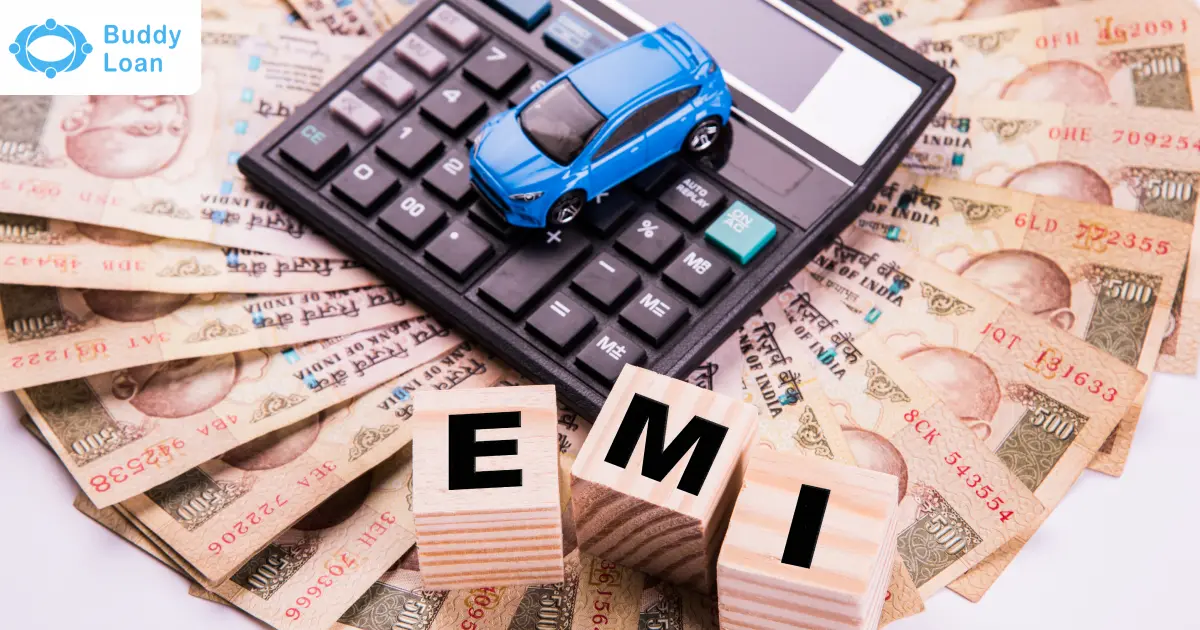Personal loans have become a popular financing option for individuals in India, offering them the flexibility to meet their financial needs. However, borrowers should be aware of certain terms and conditions associated with personal loans, one of them being the prepayment penalty. In this article, we will delve into the concept of a prepayment penalty on personal loan in India, its purpose, calculation methods, and its impact on borrowers.
What is a Prepayment Penalty on a Personal Loan?
- A prepayment penalty, also known as an early repayment fee, is a financial charge imposed by lenders on borrowers who pay off their loans before the predetermined loan term.
- The primary purpose of a prepayment penalty on personal loan is to compensate lenders for the potential loss of interest income that they would have received had the borrower continued to make regular loan payments until the end of the term.
- Prepayment penalties are commonly associated with long-term loans such as mortgages, but they can also be applicable to personal loans in India.
- These penalties are designed to discourage borrowers from refinancing or repaying their loans early, as lenders rely on the interest income generated over the entire loan term.
Plan your finances carefully and stay updated! Check your credit score today with Buddy Score!
How Much Does Loan Prepayment Penalty on Personal Loan Cost?
- In India, the calculation of prepayment penalties on personal loans varies from lender to lender.
- The Reserve Bank of India ( RBI: https://www.rbi.org.in ), the country’s central banking institution, has not prescribed any specific guidelines or regulations regarding prepayment penalties.
- As a result, lending institutions have the freedom to set their own terms and conditions.

Do All Personal Loan Lenders Charge a Prepayment Penalty?
- Some lenders may charge a flat prepayment fee, which is a predetermined amount regardless of the outstanding loan balance or the remaining loan tenure.
- For example, a lender may impose a flat penalty of 2% of the loan amount if the borrower chooses to prepay.
- Other lenders may opt for a different method, known as the diminishing balance method. Under this method, the prepayment penalty is calculated based on the outstanding loan balance at the time of prepayment.
- The penalty amount decreases as the loan is gradually repaid, reflecting the reduced interest income for the lender due to the early repayment.
Loan Prepayment Charges of Top Banks
Here is a list of loan prepayment charges of top banks in India:
| Bank | Prepayment charges |
| HDFC Bank | 3% of the principal amount for loans up to ₹25 lakhs and 2% for loans above ₹25 lakhs |
| ICICI Bank | 3% of the principal amount |
| State Bank of India | 3% of the principal amount |
| Axis Bank | 2% of the principal amount |
| Kotak Mahindra Bank | 3% of the principal amount |
| Punjab National Bank | 3% of the principal amount |
| Canara Bank | 2% of the principal amount |
| Bank of Baroda | 3% of the principal amount |
Points to Remember
- It is important to note that these are just the standard prepayment charges.
- Some banks may charge a higher or lower prepayment penalty depending on the terms of the loan.
- It is always best to check with the lender before you make any payments to see what the prepayment charges are.
Buddy Loan, is one of the India’s largest loan aggregator, providing variety of potions to choose from and continue with your plans without any financial constraints. learn more!

Factors Affecting The Prepayment Charges of a Loan
- Type of loan: Some types of loans, such as home loans, may have higher prepayment charges than other types of loans, such as personal loans.
- Interest rate: The higher the interest rate on the loan, the higher the prepayment charges are likely to be.
- Loan Tenure: The longer the term of the loan, the higher the prepayment charges are likely to be.
- Lender’s Poilicies: Some lenders may charge higher prepayment charges than others.
Tips To Avoid Prepayment Penalties
- Read the terms and conditions of your loan carefully before you sign anything.
- Ask the lender if they have any prepayment penalties.
- Consider getting a loan with no prepayment penalty.
- Pay off your loan as quickly as possible to avoid paying interest for too long.
Conclusion
The prepayment penalty on personal loans in India is an aspect borrowers need to be aware of before availing themselves of such financing options.
While there is no uniform method for calculating prepayment penalties, borrowers should review the terms and conditions of their loan agreements to understand the penalties they may face if they choose to repay their loans early.
So if you like our articles, and wish to put forward some suggestion, please mention it in the description box below!
Having any queries? Do reach us at info@buddyloan.com




